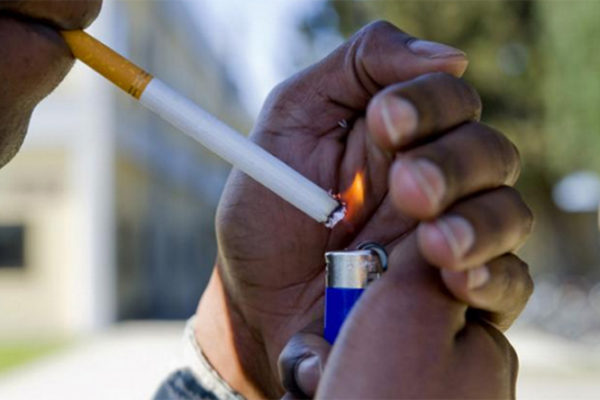U.S. communities with higher smoking rates or lower excise taxes were less likely to adopt retail policies restricting tobacco sales, according to new research from the Brown School at Washington University in St. Louis.
Researchers interviewed personnel from 80 county tobacco control programs from 24 states about progress on retail policies that restrict retail practices such as price discounting and promotion of tobacco products. Results were compared with smoking rates and taxes for those communities.

The results of the study, “Local Retail Tobacco Environment Regulation: Early Adoption in the United States,” were published in the January issue of the journal Tobacco Regulatory Science.
Researchers, led by Todd Combs, assistant director of research at the Center for Public Health Systems Science at the Brown School, found that communities with high smoking rates that would benefit more from retail restrictions and higher taxes on tobacco were less likely to have such policies in place.
“Localities with more resources, such as program capacity, political will or policy options, were more likely to adopt policies,” Combs said. “As local retail policy work becomes more commonplace, only time will tell if this ‘rich-get-richer’ trend continues, or if the contexts in which retail policies are adopted diversify.”


